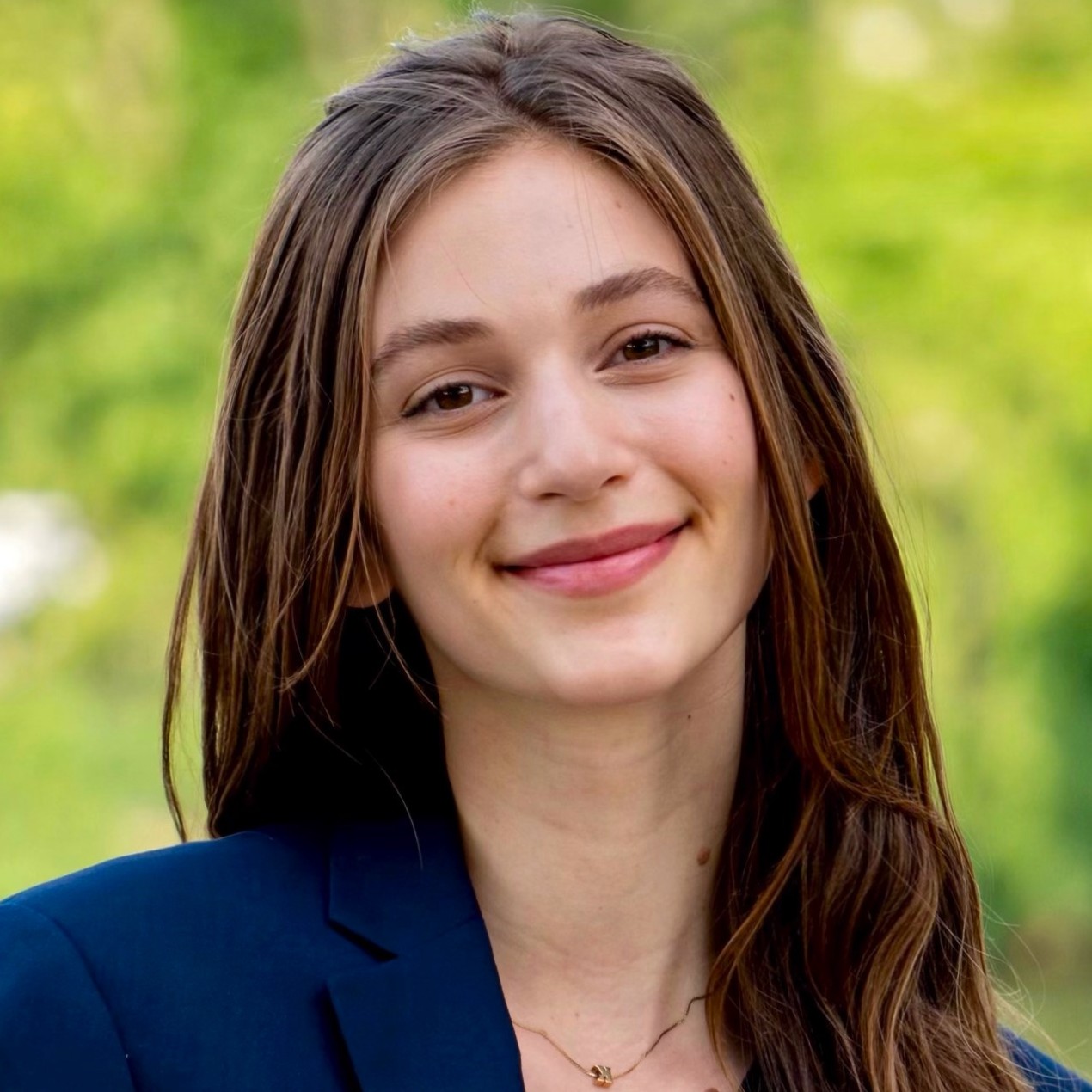About This Project
This project aims to use deep learning to engineer synthetic proteins for enhanced secretion, increasing the yield and scalability of microalgae-based protein bioproduction. We combine advanced proteomics techniques with AI-informed protein design and experimental validation to build a valuable tool for economically sustainable photosynthetic biomanufacturing
Ask the Scientists
Join The DiscussionWhat is the context of this research?
The global recombinant proteins market was estimated to be worth $1.4 billion in 2022 and is poised to reach $2.4 billion by 2027 (1). Recent advances in synthetic biology and metabolic engineering have made it possible to produce proteins as therapeutics, alternative meats, and industrial chemical catalysts. However, current bioproduction techniques rely on sugar feedstocks, which demand substantial arable land resources for their cultivation (2). Advances in circular biomanufacturing need to be made to sustainably scale up biomanufacturing.
What is the significance of this project?
Microalgae have the potential to make protein bioproduction more sustainable and affordable. Requiring only light, CO2, and trace nutrients, microalgae can produce bioproducts without the need for sugar feedstock input; therefore, microalgae biomanufacturing does not compete with crops for land. The absence of carbon feedstock also reduces the risk of contamination by other microbes (3). For protein production, eukaryotic microalgae can perform post-translational modifications necessary for many industrially relevant proteins. Although there has been laboratory-scale work to engineer microalgae for protein production, current low yields mean that operational costs need to decrease by 10x to make it economically feasible to use microalgae for biomanufacturing at scale (4).
What are the goals of the project?
The secretion of recombinant proteins from intracellular space into the culture medium can increase yields by improving protein folding and in vivo stability, facilitating the production of soluble and active proteins (5). As secretion does not require the lysis of the host cell, it reduces the costs associated with separation and subsequent processing of the purified protein product. Leveraging AI-informed engineering of microalgal secretion systems could economically scale up microalgae protein production from low mg/L to near g/L, making commercial use more feasible (6). The workflow we build in this project could become the foundation of an expandable framework for optimizing protein secretion in other non-model organisms.
Budget
n/a
 Project Timeline
Project Timeline
end date: May 15, 2024
May 15, 2024
end date
Meet the Team
Affiliates
Affiliates
Affiliates
Team Bio
We are an academic team using synthetic biology to provide scalable solutions for climate challenges. Our team has strong microbiology (Izzy Goodchild-Michelman, Elizabeth Hann, Tzu-Chieh Tang), synthetic genomics (Jenny Tam, George Church), and proteomics (Bogdan Budnik) expertise. The computation part of this work is a new exploration for us. We work with Nikhil Naik, our consultant for generative protein design, to tackle the protein secretion problem with the help of large language models.
Isabella Goodchild-Michelman
Izzy is an undergraduate at Harvard College, completing her senior thesis research with the sustainability team in the Church lab. She works on two main projects at the Wyss: 1) bioprospecting and characterizing novel species of photosynthetic bacteria with attractive biotechnological characteristics, and 2) developing a genetic toolkit to engineer protein secretion in a fast-growing cyanobacteria for biomanufacturing. Here is the link to her LinkedIn.
Tzu-Chieh Tang
Tzu-Chieh (Zijay) Tang is a Research Fellow at the Wyss Institute at Harvard. His research focuses on the intersection of synthetic biology and materials design, aiming to tackle climate challenges with biotech approaches. Here are the links to his LinkedIn and Google Scholar profiles.
Elizabeth Hann
Elizabeth is a Research Fellow at the Wyss Institute at Harvard. Her research focuses on using biotechnology to address the climate crisis. She has extensive experience working with algae, and did the majority of her PhD thesis work in Chlamydomonas reinhardtii specifically. You can see more at her LinkedIn and Google Scholar profiles.
Project Backers
- 0Backers
- 0%Funded
- $0Total Donations
- $0Average Donation


